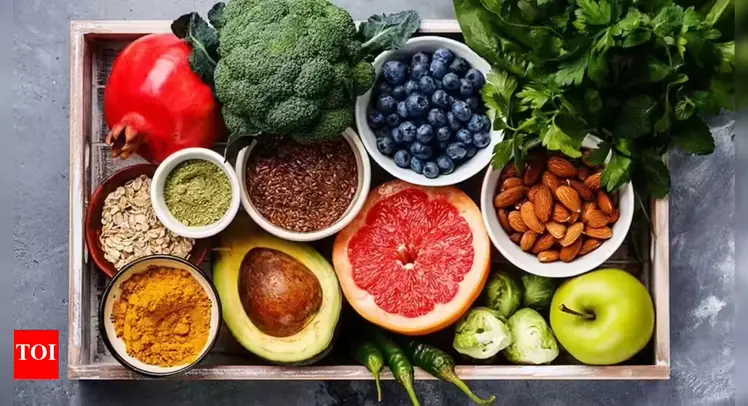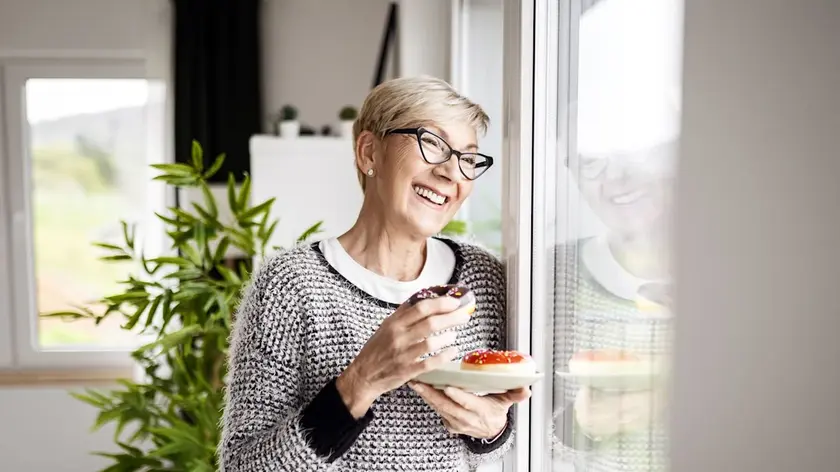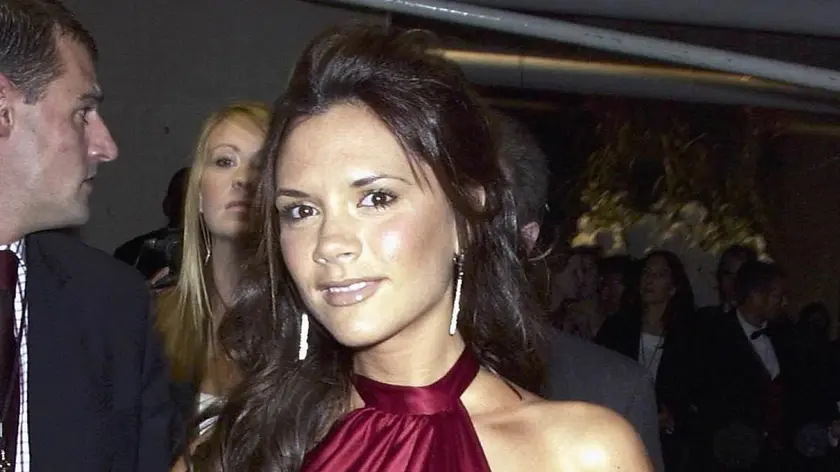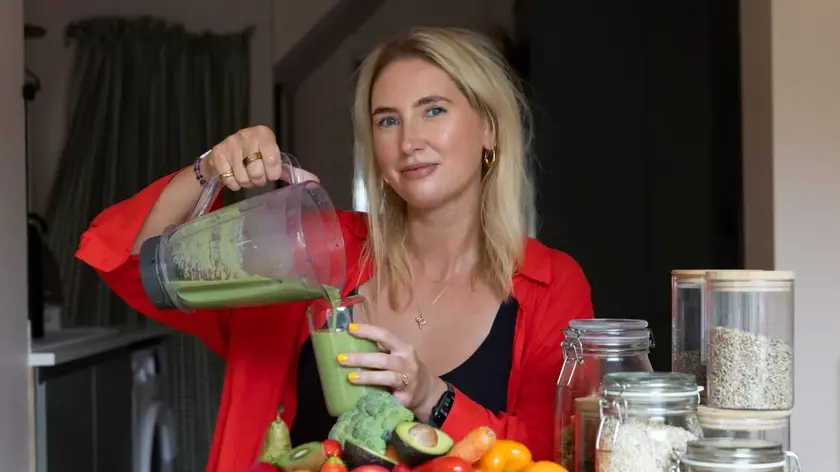T4K3.news
Protein trend linked to higher cancer risk warns doctors
Moderation after 50 is advised; high protein may raise cancer risk. Follow guidelines around 0.75 g/kg and consider plant-based sources.

A social media trend urging higher protein intake for women is linked to cancer risk, according to researchers.
High protein trends raise cancer concerns among health experts
A social media trend encouraging women to double their protein intake has taken off as influencers promote high protein diets. Market data show launches claiming high protein nearly doubled between 2016 and 2020, and a surge of products now carry added protein labels. UK guidelines suggest adults should aim for about 0.75 g of protein per kilogram of body weight, which works out to roughly 54 g a day for a 72 kg woman. Practical sources include a 150 g chicken breast (about 36 g), an egg (6 g), Greek yogurt (170–200 g can provide up to 20 g), and kidney beans (7–10 g). Some influencers push as much as 130–150 g daily, claiming it helps prevent bone fractures and muscle loss.
Key Takeaways
"Our protein needs do change over time, but the highest requirement is during infancy and childhood, not menopause."
Dr Federica Amati explains why more protein in later life is not automatically beneficial.
"As we age, we produce less growth hormone, so simply eating more protein does not prevent muscle loss."
Amati on how aging alters protein needs.
"Higher protein intake after the age of 50 can raise the risk of cancer."
Evidence cited by researchers.
"If I reach 150g, I’m really pleased with myself."
An influencer's claim used to illustrate extreme targets.
Nutritionists warn that this message is misleading. They note that menopause increases osteoporosis risk but does not justify a higher protein target. Research cited by experts links high intakes of animal protein in mid-life to cancer risk, and a 2014 University of Southern California study found that high-protein diets were associated with higher risks of cancer, diabetes and mortality when protein accounted for about twenty percent of calories. Dr Federica Amati argues that protein needs change with age but that the peak occurs in infancy and childhood, not menopause, and that aging bodies do not automatically improve with more protein. The piece stresses a balanced approach that emphasizes plant-based sources and fiber while respecting official guidelines.
Highlights
- Protein alone is not a magic fix for aging bodies
- Balance over bulk when it comes to daily meals
- Science needs context not fear
- Healthy aging is a long game not a single number
Health guidance could be misinterpreted by many readers
The article connects social media trends with potentially harmful dieting practices and cites studies that could be misread as a general directive to limit protein. There is a risk readers adopt extreme targets or misinterpret guidelines without professional guidance.
Nutrition science evolves, and so should daily eating patterns.
Enjoyed this? Let your friends know!
Related News

Colon cancer case spikes among younger adults drive health warnings

Dietitian reveals one food to avoid for cancer risk

New Study Links Ultra-Processed Foods to Lung Cancer

Awareness raised about silent liver disease

Harvard gastroenterologist reveals foods to avoid

Health risks linked to black plastic coffee machines

New research supports alkaline diet for weight loss

New dietary trend fibermaxxing boosts energy and reduces snacking
